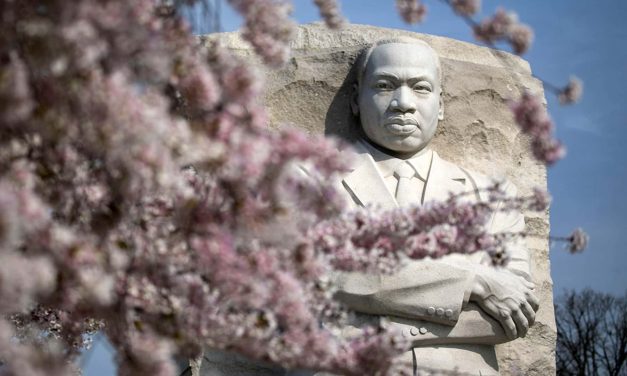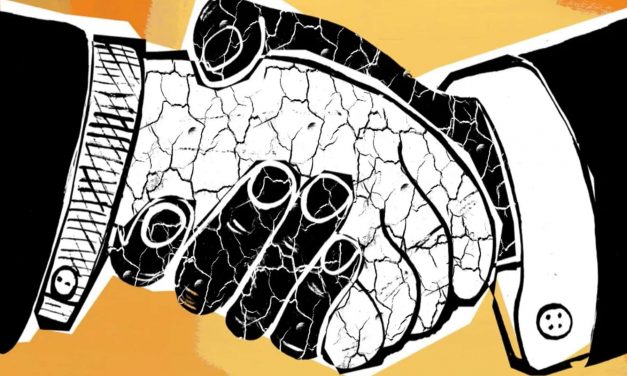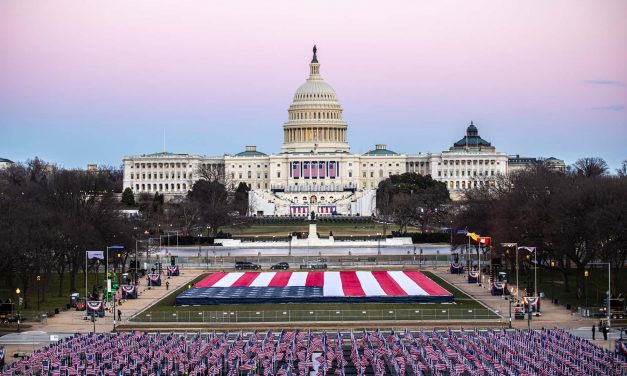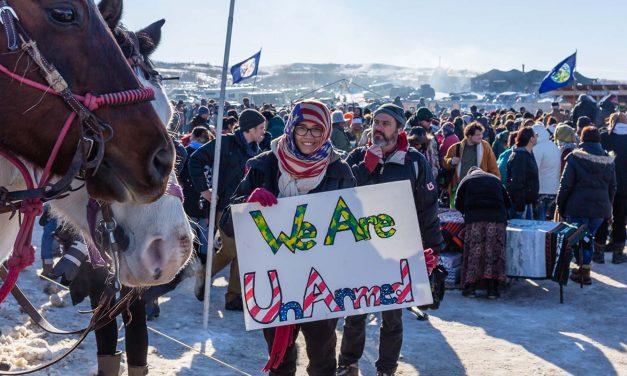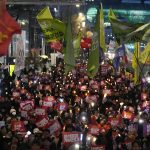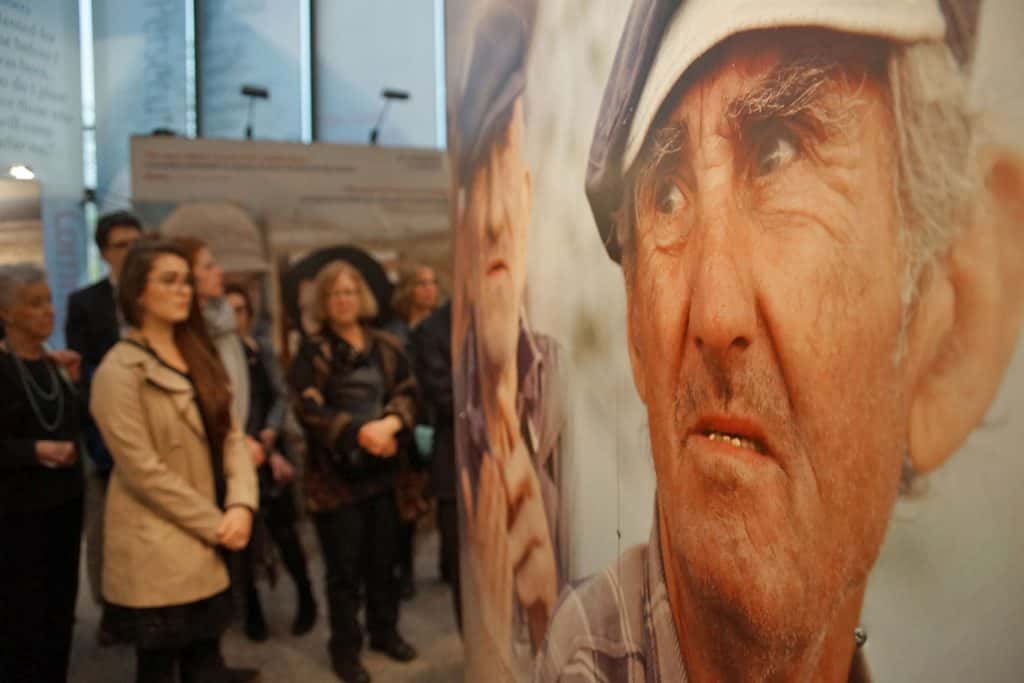The full scope of MLK’s dream took on the issues of poverty and war along with systemic racism
When Martin Luther King Jr. gave his “I Have a Dream” speech, he did something extraordinary for a speaker mounting a challenge to the existing order: he positioned those in his movement not as outsiders and dissidents, but rather as inheritors, indeed as the true inheritors, of the American Constitutional tradition. He laid hold of the “mystic cords of memory” that connect each generation of Americans. King—who had disobeyed the ordinances of many localities, defied the laws of many states, and written from the cell of a city jail—enveloped his cause and his message in the mantle of mainstream...
Read More
